Stroke Prevention and Recovery through TCM
Stroke kills 700,000 people each year around the globe. Every 12 seconds, there is a new individual who suffers from a stroke. Every 21 seconds, there is a stroke patient who passed away because of it. And stroke is the leading cause of serious long-term disability. So what exactly is a stroke? Stroke is a medical condition in which poor blood flow to the brain results in cell death. There are two main types: ischemic, due to lack of blood flow, and hemorrhagic, due to bleeding. Both results can have a huge impact on brain function and performance.
What are some characteristics and risk factors?
Stroke has the characteristics of high lethality, disability, recurrence rate, and broad complications. Mini-stroke or transient ischemic attack “TIA” strokes with symptoms that last for less than one hour. People who have suffered from TIA or an episode of stroke should be monitored due to its high recurrence rate; follow up episodes can be severe and lethal. Common symptoms of stroke include the inability to move or feel the sensation on one side of the body, problem understanding or speaking, dizziness, and loss of sensory functions (vision, hearing, etc) on one side of the body. The main risk factor for stroke is high blood pressure. However, smoking, high blood cholesterol, obesity, diabetes mellitus, and previous episodes of TIA, can all contribute to heighten the risk for stroke.
TCM view of stroke
Traditional Chinese Medicine (TCM) does not consider stroke just an illness occurred in the brain. It is thought to be caused by internal and external influences that cause a disturbance of qi and blood and create a high-pressure state, which ultimately leads to a stroke. This matches the western medicine’s understanding of high blood pressure being a risk factor for developing a stroke. Through combinations of underlying factors and lifestyles, the mechanisms by which a stroke occurs and causes bodily damage is complicated. The underlying factors that contribute to the development of a stroke include the over-functioning or under-functioning of the heart, liver and kidney organ, stress/ emotional onset, improper diet and body overstrain, and aging and weak body constitution. These lead to further problems inside the body that upset its natural healthy balance. These contributors will interact with each other under certain conditions to bring forth diseases such as a stroke.
Is Stroke Preventable?
Both western and TCM experts agree that strokes are preventable. The best way to avoid stroke is by recognizing the early signs such as facial asymmetry, slurred speech, accompanied by headache and/or dizziness, tightness in the neck muscles. Another indicator is having difficulty raising both hands at the same time, one hand may experience weakness, numbness, or tingling feeling. Chances of stroke increase by age and individuals who suffer from high blood pressure, arteriosclerosis, and have a history of TIA should be monitored closely for early symptoms to help reduce stroke incidence. Western medicine often prescribes blood thinners (ex. aspirin, warfarin) to lower the chances of blood clots formation. This has proven to be an effective method of controlling blood pressure and preventing stroke.
TCM’s stroke prevention is a more holistic approach. The first step is to establish a healthy lifestyle:
- Reduce the amount of alcohol and cigarettes consumed.
- Go on a lighter diet involving less meat and more vegetables and fruits.
- Also, reduce salt intake; salt can easily cause fluctuation in blood pressure.
- Regular exercise and proper rest are essential in minimizing risk factors.
- Another important aspect which is often underlooked is managing stress and controlling your emotions. High stress and anger can greatly speed up the circulation of blood which may lead to stroke or heart attacks.
- Lastly, risk factors such as high blood pressure, high cholesterol, stress, or even cigarette and alcohol addiction can all be controlled with acupuncture and TCM treatments.
I or someone I know had a stroke, what’s next?
Individuals who suffered from acute or recovery stage of stroke should be admissioned with acupuncture treatment as soon as possible. During the early stage following up from the episode of stroke, the brain cells have not gone through complete necrosis. They are at a stage that is still reversible with proper nourishment. Scalp acupuncture stimulation can dilate blood vessels around the brain, bringing fresh oxygenated blood to the affected area, thereby rejuvenating the brain cells. Acupuncture treatment can also reduce brain edema by improving lymph and circulatory functions. Not only can acupuncture help with the complications in the brain during the acute phase, but it can also help in the recovery phase regarding the body’s sensory and motor function by helping to regenerate nerve pathways quicker through sending stronger signals. Combining scalp acupuncture with special daoyin exercises can greatly enhance the effectiveness and speed of the recovery.
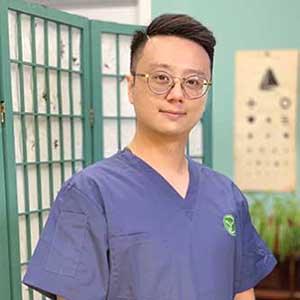
Yu Chang Royce Liu (RTCMP, RAc)
Royce completed his advanced program at Toronto School of Traditional Chinese Medicine (TSTCM), which is the equivalent of a Doctoral Degree program in Oriental Medicine in the United States. He uses various modalities such as Zhu’s scalp acupuncture, moxibustion, cupping, scraping and more to successfully treat conditions both neurological and non-neurological in nature.
Want to learn more? Book a free consultation with our psychotherapists! You can email us at info@mycompletebalance.com or call us at 416-901-2873.


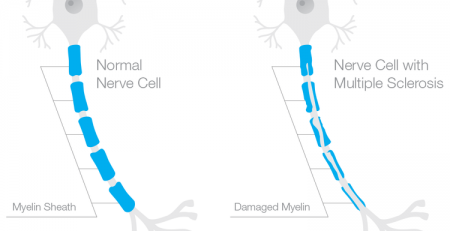

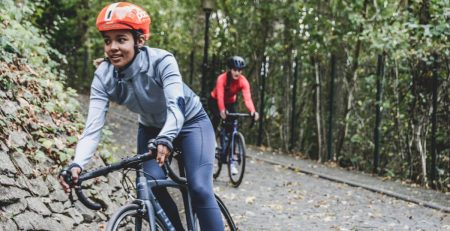



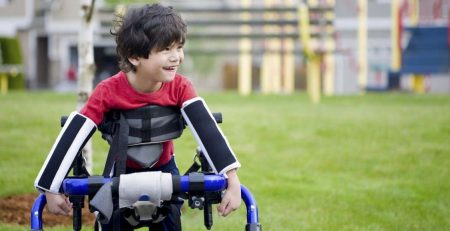
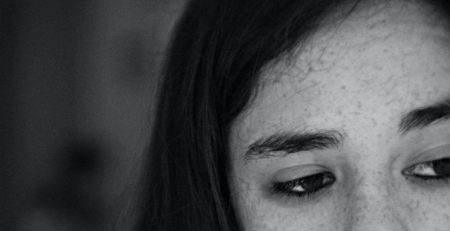



Leave a Reply
You must be logged in to post a comment.